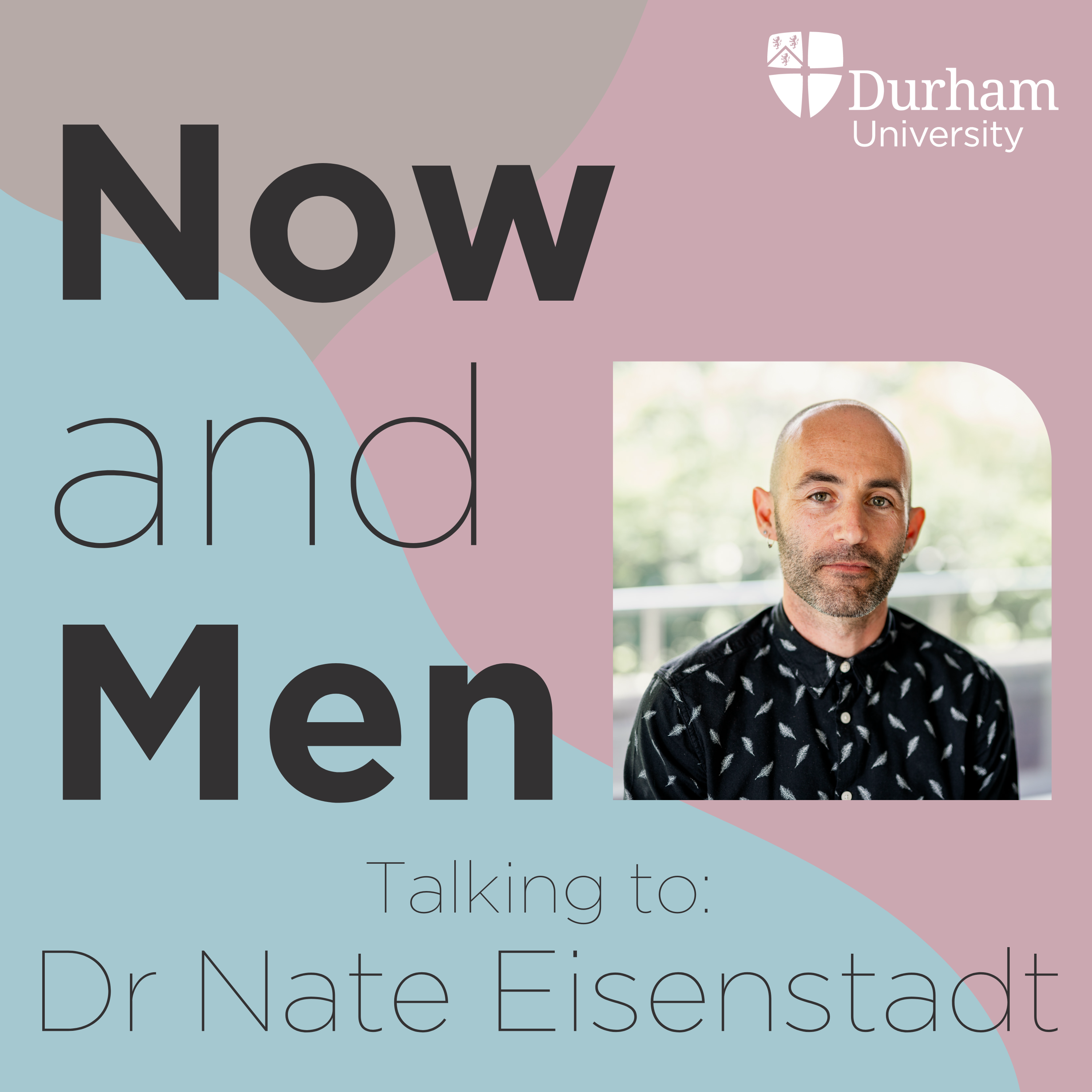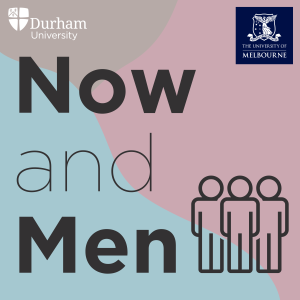
Embracing 'Discomfort' in Work with Men - Dr Nate Eisenstadt
 2024-02-20
2024-02-20
What is 'discomfort', and how can we engage effectively with men when they display it in conversations about masculinity, gender equality and violence? How can connecting with discomfort help to change harmful attitudes and behaviours? What are the risks and challenges in embracing discomfort, and how can they be dealt with? These issues are at the core of our discussion with Dr Nate Eisenstadt, drawing on his extensive experience of facilitating and researching bystander intervention and domestic violence perpetrator programmes in the UK.
We also explore the training room as a microcosm of wider society, and how discomfort and fear are often weaponised by public figures to promote damaging, polarising responses to complex real-world problems. Drawing on his earlier research on contemporary anarchist practices, Nate reflects on the challenges and potential of community-based transformative (as opposed to punitive) approaches to ending gender-based violence.
Nate is a Senior Research Associate at the University of Bristol in the UK, in their Medical School’s Domestic Violence and Health Group, and the Co-Director of Kindling Interventions, which delivers bystander leadership programmes for violence prevention, equality and diversity.
- Find out more about Nate’s research: https://research-information.bris.ac.uk/en/persons/nathan-eisenstadt
- LinkedIn: https://linkedin.com/in/nathan-eisenstadt/
- Kindling Interventions: https://kindling-interventions.com/
- Twitter: https://twitter.com/KindlingInterv
- LinkedIn: https://linkedin.com/company/kindling-interventions/
We cover the following topics:
- The 'bystander leadership' training that Nate is delivering (01:31-05:16)
- Why he and Dr Rachel Fenton set up Kindling Interventions (05:16-09:03)
- Advantages and challenges with the bystander intervention approach (09:03-16:27)
- Different ways in which 'discomfort' can surface in this work (16:27-22:39)
- How to respond to discomfort when engaging with men and boys (22:39-30:57)
- The role of skilled facilitation (30:57-33:39)
- Facilitators’ own experiences of discomfort (33:39-37:24)
- How discomfort links to the backlash against feminism in wider society (37:24-42:46)
- Vital ingredients for impactful work with men who've perpetrated abuse (42:46-48:55)
- How this research links with Nate’s work on anarchist and anti-oppressive organising (48:55-52:06)
- Key tenets of anarchism and links with community accountability (52:06-53:58)
- Conclusion (53:58-59:54): Overlaps with Jens van Tricht's episode; the value of uncomfortable conversations; shifts in work with men who've used violence; the resonance of Nate's work with wider political polarisation; and anarchism and mutual aid.
Further reading:
- The Intervention Initiative: https://law.exeter.ac.uk/research/interventioninitiative/
- Rachel Fenton, Helen Mott et al. (2016) A review of evidence for bystander intervention to prevent sexual and domestic violence in universities (Public Health England): https://assets.publishing.service.gov.uk/media/5a802686ed915d74e622cc3b/Evidence_review_bystander_intervention_to_prevent_sexual_and_domestic_violence_in_universities_11April2016.pdf
- Kelly Shaver (1970) Defensive attribution theory: https://doi.org/10.1037/h0028777
- Jonas Kaplan et al. (2016) Neural correlates of maintaining one's political beliefs in the face of counterevidence: https://doi.org/10.1038/srep39589
- Marshall B Rosenberg - Nonviolent communication: https://nonviolentcommunication.com
More Episodes
Create your
podcast in
minutes
- Full-featured podcast site
- Unlimited storage and bandwidth
- Comprehensive podcast stats
- Distribute to Apple Podcasts, Spotify, and more
- Make money with your podcast
It is Free
- Privacy Policy
- Cookie Policy
- Terms of Use
- Consent Preferences
- Copyright © 2015-2024 Podbean.com






